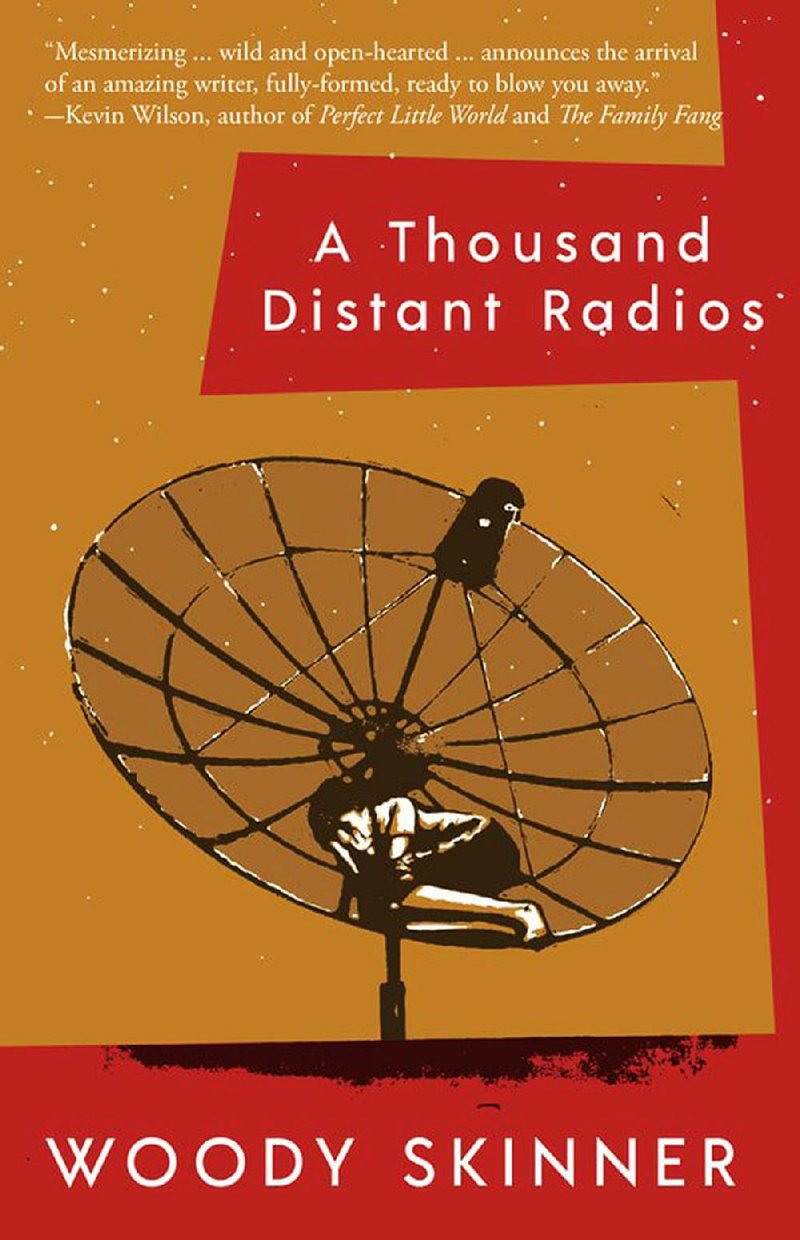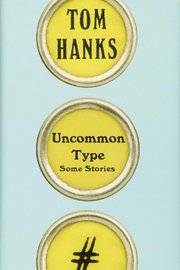I don't know that I've ever met Woody Skinner.
We're social media friends, and his name has come up from time to time in some of the circles on which I eavesdrop. So I can tell you he's from Batesville, he holds a doctorate in comparative literature from the University of Cincinnati, and he now lives in Chicago. And that his book of short stories, A Thousand Distant Radios (Atelier26, $16) was published on Nov. 14 and that he'll be at Little Rock's WordsWorth Books & Co., 5920 R St. in the Heights neighborhood, from 4-5:30 p.m. today if you want to stop in, pick up a copy and have it signed.
I'd recommend you do that, if you're the sort of person who likes to speculate in literary futures (and bless you for your optimism if you are) for it wouldn't surprise me if Skinner's book-signing event at WordsWorth doesn't become something like Wilt Chamberlain's 100-point game or the night Stevie Ray Vaughan played Shreveport's Humpfrees in the Square in front of a crowd of maybe a dozen people (if you count the bartenders and waitresses). It's entirely possible that a few years hence "Woody Skinner" might resonate in the same way "Dave Eggers" and "David Sedaris" resonate with some people. He has a chance to be one of the literary world's next medium thing.
Because he's funny and honest in the way our most successful liars have always been, he's able to shuffle reality, to select and arrange the specifics in such a way as they reflect and honor the quirkiness of human life. For we've all encountered our glittering, doomed marlins making circumscribed laps, we've all longed for the steel to "carve away the hulking mystery of earth." You can recognize yourself in these stories, make out your friends and neighbors, feel your sensibilities merging with the insistent tug of the narrative, so it feels less like you're reading some authorial mind than daydreaming.
Deep in the book, you encounter a girl on her 16th birthday, and it breaks your heart. Not for what happens to the girl, which is only an unburdening, only what happens to most of us sooner or later, but for her pride in how the Wal-Mart bakery gets her name right on her cake and her future shame at that provincial spelling when she's "selling pharmaceuticals in a place that would now seem inconceivably big, inconceivably urbane, some place like Nashville or Atlanta or even Birmingham." It's the chipped white paint on her wicker headboard that finally breaks you.
Concurrent with Skinner's book of short stories, I have been reading the first book from a writer I have met: Tom Hanks. I'm not going to say anything too negative about the actor's pleasant, competently rendered collection Uncommon Type: Some Stories (Knopf, $26.95) because I enjoyed it and appreciate Hanks' earnest and often deft observations. In general, I'm for anything that gets people into bookstores. All of us need more readers, and if a celebrity author can bring some attention to the shelves then I'm all for it.
A lot of people will respond to Hanks' work in the same way they respond to well-made Hollywood movies: these stories reassure us, they resolve in satisfying ways and employ familiar patterns of conflict and closure. The production values are first-rate, the characters allow for our investiture. His camera moves with a fluid, steadicammed grace. Cliches are used as a kind of shorthand, a gesture of solidarity with an audience that might resist writerliness getting in the way of their story.
On the other hand, Skinner is a young and evolving indie director less concerned with plot than character, and his stories tend to investigate the lives of people who -- except perhaps for one hotshot cutlery salesman -- present as ordinary if not down-slipping. There's a hint of wistfulness in some of them but no sentimentality, and every now and again some disturbing violent thing breaks through, something as ludicrous and sad as "an old man with a temper like a teenage boy's." Skinner has some keen and lethal potential: There will be blood.
In the promotional material, the blurbs compare the author to Barry Hannah, Donald Barthelme and Joy Williams. You can hear that in him, sure, but I wonder if Skinner hasn't read deeply in Jack Butler (especially Jujitsu for Christ) and Donald Harington. Maybe I'll drop by and ask him.
Email:
pmartin@arkansasonline.com
blooddirtangels.com
Style on 11/26/2017

